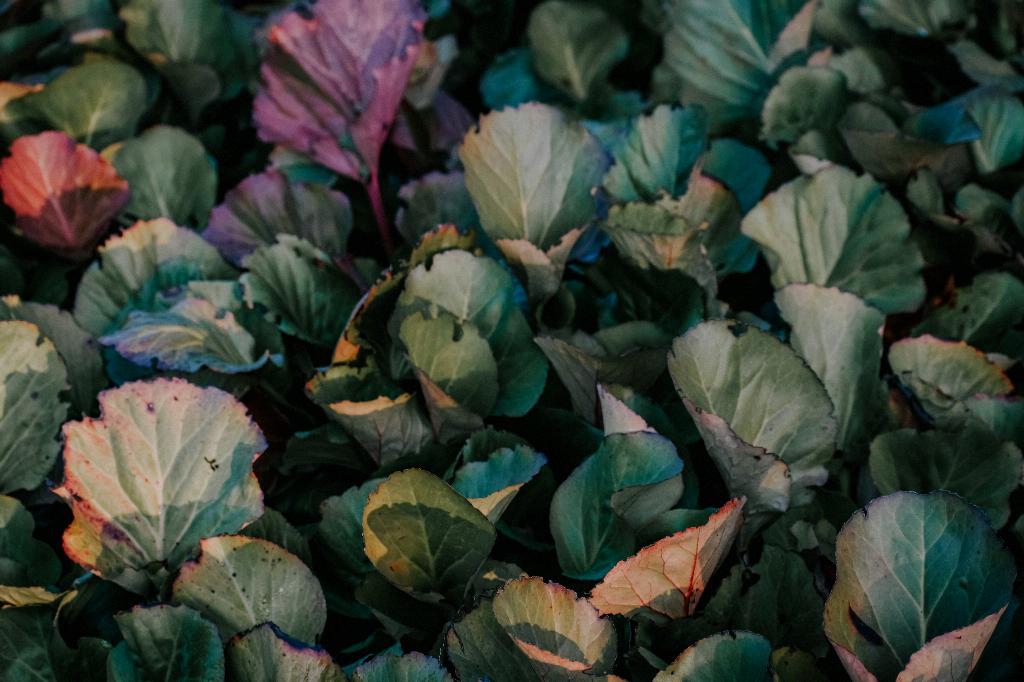When it comes to the question of whether begonias like shade, the answer is a resounding yes. These beautiful flowering plants thrive in shaded areas, making them the ideal choice for gardeners seeking to add color to areas with less direct sunlight.
Optimal Growing Conditions for Begonias
To ensure the health and vibrancy of your begonias, it is essential to provide them with the right growing conditions. Begonias, particularly hardy begonias, prefer to be planted in dappled or full shade. Direct sunlight can be too harsh for these delicate plants, so placing them in shaded areas is crucial for their growth.
Soil Requirements for Begonias
When it comes to soil, begonias thrive in rich and moist soil that also has good drainage. It’s important to strike a balance between keeping the soil moist and preventing it from becoming waterlogged. Soggy conditions can lead to root rot, which can be detrimental to the health of your begonias.
Benefits of Growing Begonias in Shade
There are several benefits to growing begonias in shaded areas. Shade-loving begonias are less likely to experience sunburn or heat stress, allowing them to maintain their vibrant colors and overall health. Additionally, shaded areas can help conserve water, as the soil tends to retain moisture better in these conditions.
Types of Begonias that Thrive in Shade
While all begonias appreciate some level of shade, there are certain varieties that are particularly well-suited to shaded environments. Some popular shade-loving begonias include the rex begonia, angel wing begonia, and wax begonia. These varieties are known for their stunning foliage and striking blooms.
Tips for Growing Begonias in Shade
When cultivating begonias in shaded areas, there are a few tips to keep in mind. Ensure that your begonias receive adequate moisture without overwatering them. Be mindful of the soil drainage and avoid placing your begonias in areas where water can accumulate and lead to root problems.
Common Mistakes to Avoid
One common mistake that gardeners make when growing begonias in shade is not providing enough water. While begonias prefer shaded conditions, they still require regular watering to thrive. It’s essential to monitor the moisture levels in the soil and adjust your watering schedule accordingly.
Pruning and Maintenance
Regular pruning and maintenance are key to keeping your begonias healthy and vibrant. Remove any dead or wilted leaves, as well as spent blooms, to encourage new growth. Pruning can also help improve air circulation around the plants, reducing the risk of diseases.
Protecting Begonias from Pests and Diseases
While begonias are relatively low-maintenance plants, they can still fall victim to pests and diseases. Keep an eye out for common pests such as aphids, spider mites, and powdery mildew. Applying organic pest control methods and maintaining good plant hygiene can help prevent infestations.
Enhancing Begonias with Fertilization
To promote healthy growth and flowering, consider fertilizing your begonias regularly. Choose a well-balanced, water-soluble fertilizer and apply it according to the manufacturer’s instructions. Avoid over-fertilizing, as this can lead to nutrient imbalances and potentially harm your begonias.

Conclusion
In conclusion, begonias are well-suited to shaded environments and can thrive with the right care and maintenance. By providing them with the optimal growing conditions, regular watering, and proper maintenance, you can enjoy the beauty of these shade-loving plants in your garden year-round.
